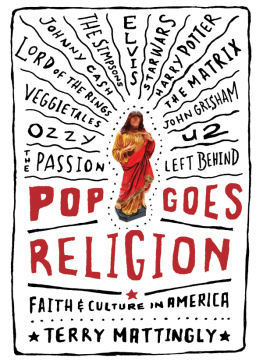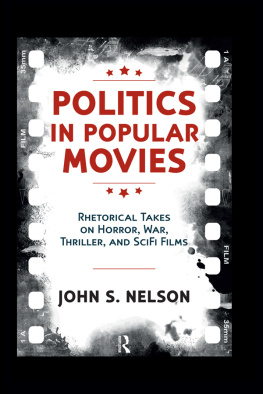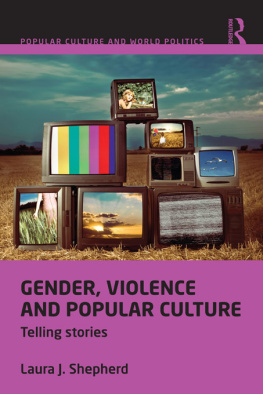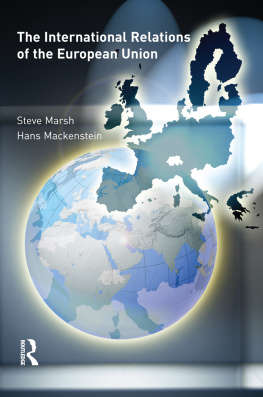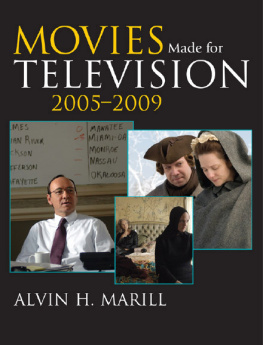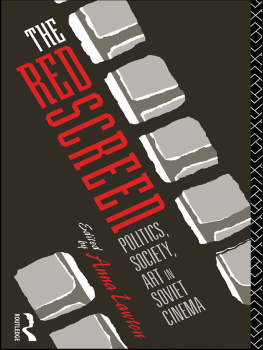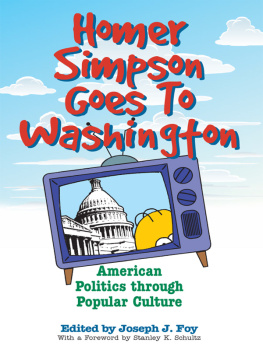Mark A. Sachleben - World Politics on Screen: Understanding International Relations through Popular Culture
Here you can read online Mark A. Sachleben - World Politics on Screen: Understanding International Relations through Popular Culture full text of the book (entire story) in english for free. Download pdf and epub, get meaning, cover and reviews about this ebook. year: 2014, publisher: University Press of Kentucky, genre: Politics. Description of the work, (preface) as well as reviews are available. Best literature library LitArk.com created for fans of good reading and offers a wide selection of genres:
Romance novel
Science fiction
Adventure
Detective
Science
History
Home and family
Prose
Art
Politics
Computer
Non-fiction
Religion
Business
Children
Humor
Choose a favorite category and find really read worthwhile books. Enjoy immersion in the world of imagination, feel the emotions of the characters or learn something new for yourself, make an fascinating discovery.

- Book:World Politics on Screen: Understanding International Relations through Popular Culture
- Author:
- Publisher:University Press of Kentucky
- Genre:
- Year:2014
- Rating:3 / 5
- Favourites:Add to favourites
- Your mark:
World Politics on Screen: Understanding International Relations through Popular Culture: summary, description and annotation
We offer to read an annotation, description, summary or preface (depends on what the author of the book "World Politics on Screen: Understanding International Relations through Popular Culture" wrote himself). If you haven't found the necessary information about the book — write in the comments, we will try to find it.
Increasingly resistant to lessons on international politics, society often turns to television and film to engage the subject. Numerous movies made in the twentieth and twenty-first centuries reflect political themes that were of concern within the popular cultures of their times. For example, Norman Jewisons The Russians Are Coming! The Russians Are Coming! (1966) portrays the culture of suspicion between the United States and the Soviet Union during the Cold War, while several of Alfred Hitchcocks movies as well as the John Wayne film Big Jim McLain (1952) and John Miliuss Red Dawn (1984) helped to raise and sustain skepticism about the Soviet Union. World Politics on Screen: Understanding International Relations through Popular Culture uses films and television shows like these as well as contemporary including 24, The Simpsons, South Park, and The Daily Show to guide readers to a deeper understanding of enduring issues in international politics. In this unique and insightful volume, author Mark Sachleben demonstrates that popular culture reflects societal beliefs about the world, and that the messages captured on television and film transcend time and place. Using films such as Secret Ballot (2001), Under the Bombs (2007), and WallE (2008), he addresses topics such as international relations and diplomacy, the study of war, nuclear weapons, poverty, immigration and emigration, human rights, and genocide. An engaging read for students and for anyone with a general interest in politics and popular culture, World Politics on Screen succeeds in its argument by illuminating unexplored assumptions about international policy.
Mark A. Sachleben: author's other books
Who wrote World Politics on Screen: Understanding International Relations through Popular Culture? Find out the surname, the name of the author of the book and a list of all author's works by series.

